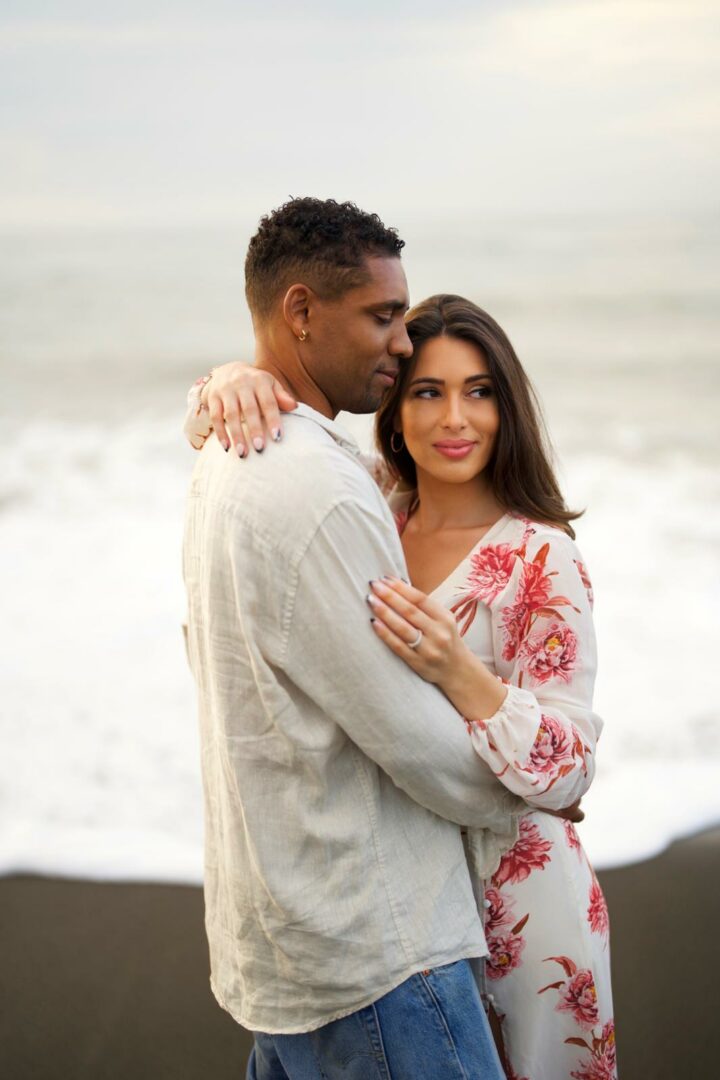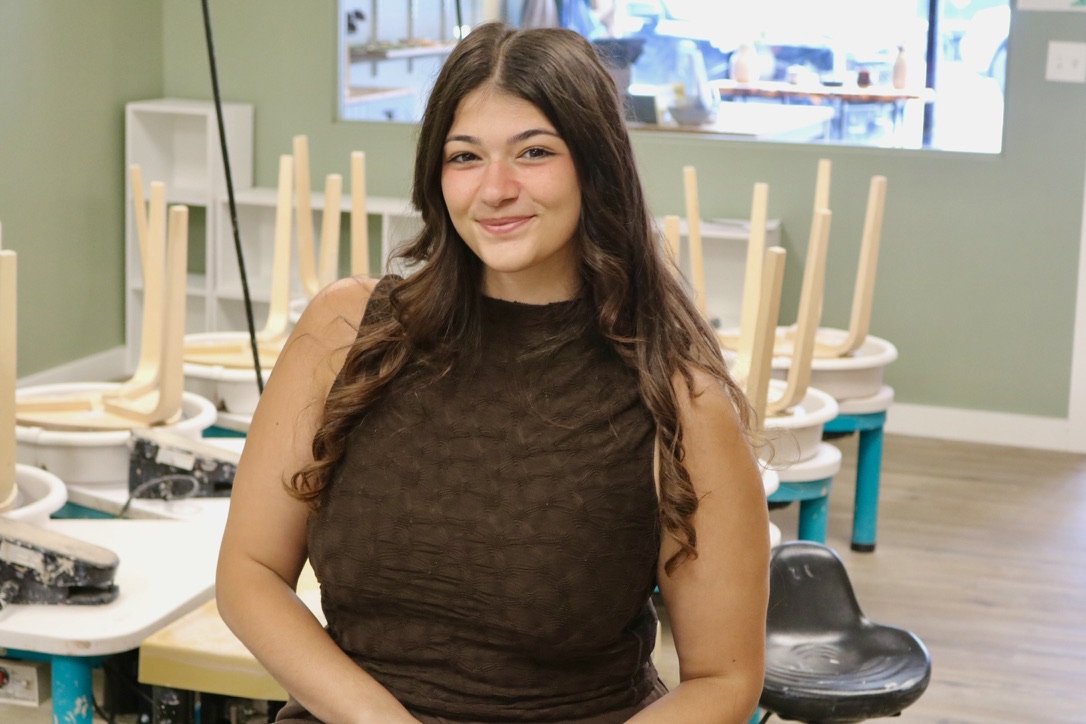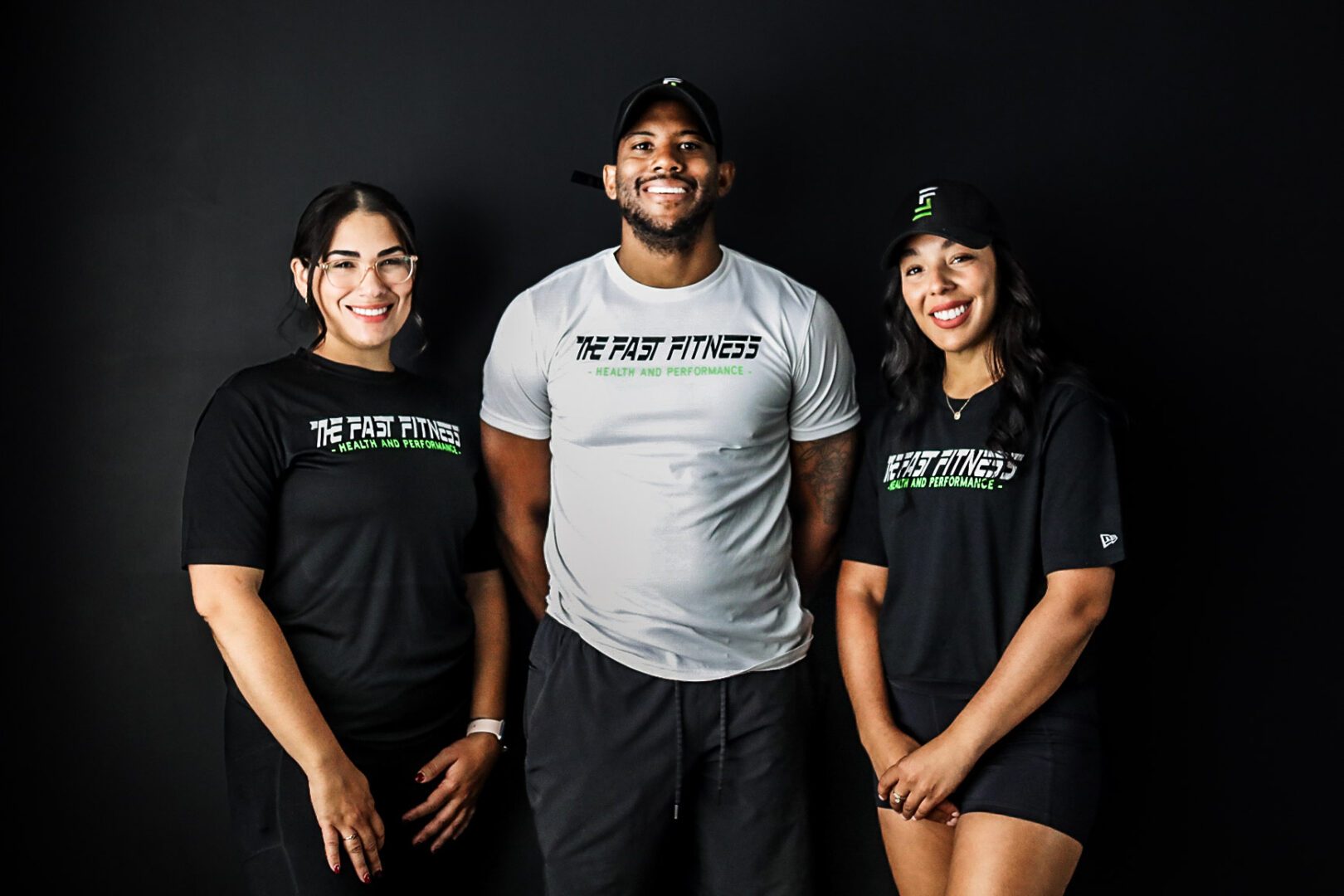We recently connected with Jiryis Ballan and have shared our conversation below.
Jiryis, appreciate you making time for us and sharing your wisdom with the community. So many of us go through similar pain points throughout our journeys and so hearing about how others overcame obstacles can be helpful. One of those struggles is keeping creativity alive despite all the stresses, challenges and problems we might be dealing with. How do you keep your creativity alive?
Now, at 36, I work hard to keep that creative spark alive because it gives me a sense of purpose and makes me feel truly alive. However, I’ve come to realize that creativity isn’t always constant. In moments of creative drought, I allow myself to feel uncreative without judgment. I believe it’s important to accept those low points and trust that inspiration will eventually return. Honestly, trying to be creative all the time is exhausting—that’s one reason I chose the academic field: it gives me the space to take a break.
If you’re an artist and you’ve lost the ability to fantasize, you’re in trouble. Daydreaming isn’t just a distraction—it’s essential. But let’s be honest, it takes work. You can be creative while drowning in noise and distractions; or different setting that could be something almost like preparing for some sacred ritual. When you give yourself that space, you can actually imagine things—like a new piece of music, a twist in your performance, or the next great choreography. Without this freedom to fantasize, artistic growth just doesn’t happen. Creativity needs room to breathe.
Interestingly, I never planned to become a musician. My deep admiration for dance and the art of performance gave me the courage to pursue music. I went to the conservatory to study guitar, even though I struggled with it. I often imagined myself playing a different instrument, which eventually led me to discover the buzuq. I taught myself to play it, inspired by footage of my favorite performers. This instrument opened doors to my artistic and academic career, leading me to pursue a PhD in music composition and technology, focusing on the buzuq as a source for a new sound.
If there’s one thing my journey has made clear, it’s that creativity feeds on imagination and curiosity. Without them, you’re just going through the motions. I got here now as a composer-performer by letting myself fantasize about the sounds I wanted to create or find.


Appreciate the insights and wisdom. Before we dig deeper and ask you about the skills that matter and more, maybe you can tell our readers about yourself?
I am Jiryis Murkus Ballan, a composer-performer, researcher, musical director, and former archaeologist. I am originally from Nazareth, in the Galilee region. My professional life has been rooted in the academic field since I was 19, which required me to travel extensively. I focused on achieving my goals through graduate school, and I am grateful to have spent my 30s in California, where I pursued my PhD in Music Composition and Music Technology.This experience has significantly shaped my perspective on my professional trajectory, guiding me as I navigate opportunities beyond the academic field. It has reinforced my confidence in my expertise and my ability to contribute meaningfully in diverse professional environments.
My work is centered on expanding my artistic expression from the acoustic realm into the digital realm. During my four years of doctoral studies, I developed a unique digital compositional language, extending the sound of my Middle Eastern musical instrument, the Buzuq. Today, I perform using this artistic approach by integrating a motion sensor. This form of artistic research pushes the boundaries of my artistic vision and the instrument itself. I am deeply committed to collaborating with dancers and choreographers. Whenever an opportunity arises to work with a dance company or a choreographer in need of music, I seize it. One goal I have yet to pursue is composing for the screen. I see myself as a composer more inclined toward creating music for visual media than for the concert stage. This passion led me to develop an interactive performance of Audiovisual Calligraphy, integrating motion sensors with calligraphy—essentially allowing me to paint and sketch with the sound of the Buzuq. Reflecting on this experience, I have come to recognize a distinct dramatic character in much of my music. Recently, I have been exploring the nuances of comedy and its potential within musical and performance contexts. This exploration does not manifest as music that is overtly comedic; rather, it informs my approach to composition—the way I shape musical narratives, construct performer identities, and engage with the dynamics of performance itself. This artistic direction stems from a deeply personal place—my own inclination toward humor and its role in shaping my personality.
Creative leadership in music innovation as a musical director has marked one of the most exciting periods of my creative journey. In 2017, I joined a team of scholars and musicians to establish a new kind of inter-culture orchestra, we named it Caravan O—one that embraced a more liberal and inclusive approach. We brought together young musicians from diverse musical, educational, and cultural backgrounds, working tirelessly to secure funding and transform what once seemed impossible into a vibrant reality—all for the sake of making music.
I can confidently say that, in this context, I was at my best. I never imagined myself leading an orchestra of 30 musicians, experimenting with orchestrating Arabic folk and Klezmer music on the spot. Yet, I found myself not only conducting but also fostering an environment of innovation and collaboration. Each day of this project, which spanned two weeks every summer, was filled with excitement and artistic exploration—though the preparation took months.
This is the kind of work I am committed to pursuing—creating and leading music projects that highlight marginalized musical traditions, especially folk music, on a global scale. Future possibilities: High-tech? Or a combination with music? I am eager to explore new avenues and examine how different disciplines intersect with my expertise. At this moment, I am particularly curious about which fields I can integrate into my existing work, expanding my professional and creative horizons.


There is so much advice out there about all the different skills and qualities folks need to develop in order to succeed in today’s highly competitive environment and often it can feel overwhelming. So, if we had to break it down to just the three that matter most, which three skills or qualities would you focus on?
1. Collaborative Leadership and Project Development I excel at bringing people together to collaborate on innovative projects, often building from the ground up, whether in creative endeavors or academic research. This blend of leadership and creative vision underscores my strength in fostering collaborative environments that inspire artistic exploration and innovation.
2.Sound Art and Interdisciplinary Collaboration My expertise lies in sound creation and transformation, where I sculpt sonic experiences that resonate with artistic vision. This ability to shape sound extends to interdisciplinary collaborations, particularly with dancers, where I craft immersive auditory landscapes that enhance the narrative of movement.
One of my skills, which I genuinely enjoy, is performance—not only in the context of musical performance but also in lecturing. I see it as a medium through which I can engage and connect with an audience. While the interaction with the audience can be intimidating at times, it also brings a unique energy that I find rewarding. I’m not entirely sure how I developed this skill, but it has become a natural and fulfilling part of my work.


One of our goals is to help like-minded folks with similar goals connect and so before we go we want to ask if you are looking to partner or collab with others – and if so, what would make the ideal collaborator or partner?
I am seeking to collaborate with professionals across various fields who share a commitment to artistic innovation and cultural advocacy. I am particularly interested in working with:
Cultural Producers and Artistic Directors who curate and develop projects that foster artistic exchange and engage diverse audiences.Interdisciplinary Artists and Performers who explore the intersection of music, dance, and digital media, creating immersive experiences.
I’m always excited to be part of academic spaces where composition, performance, and interdisciplinary exploration come together. With a background that bridges creative practice and research, I enjoy engaging with music departments that encourage innovation and artistic collaboration.
In the end, I just want to bring together a dance company, a stage full of dancers, a chamber orchestra immersed in electroacoustic sound—and, if the stars align, score a film. That’s the dream that keeps me moving.
Contact Info:
- Instagram: https://www.instagram.com/jiryismurkusballan/
- Facebook: https://www.facebook.com/jeries.ballan
- Linkedin: https://www.linkedin.com/in/jiryis-ballan/
- Youtube: https://www.youtube.com/@jeryess88
- Soundcloud: https://soundcloud.com/jeries-ballan


Image Credits
Andi Materiell
Nimer Ballan
Shendl Copitman
so if you or someone you know deserves recognition please let us know here.




